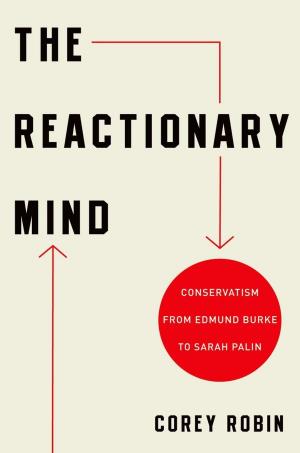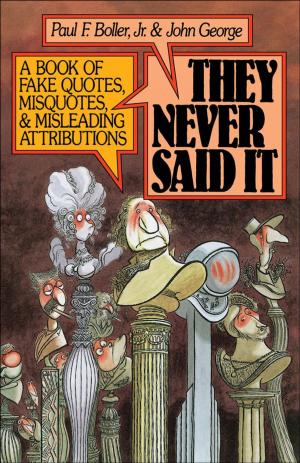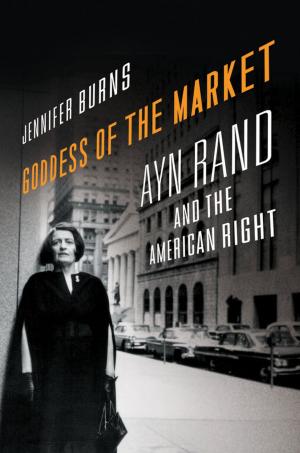| Author: | Goodwin Liu ; Pamela S. Karlan | ISBN: | 9780199738779 |
| Publisher: | Oxford University Press, USA | Publication: | August 13, 2010 |
| Imprint: | Oxford University Press, USA | Language: | English |
| Author: | Goodwin Liu ; Pamela S. Karlan |
| ISBN: | 9780199738779 |
| Publisher: | Oxford University Press, USA |
| Publication: | August 13, 2010 |
| Imprint: | Oxford University Press, USA |
| Language: | English |
Chief Justice John Marshall argued that a constitution "requires that only its great outlines should be marked [and] its important objects designated." Ours is "intended to endure for ages to come, and consequently, to be adapted to the various crises of human affairs." In recent years, Marshall's great truths have been supplanted by originalism and strict construction. Such legal thinkers as Supreme Court Justice Antonin Scalia argue that the Constitution must be construed as it was in the eighteenth century--that judges must adhere to the original understandings of the founding law. In Keeping Faith with the Constitution, three legal authorities make the case for Marshall's vision. They describe their approach as "constitutional fidelity"--not to the indecipherable intent of the framers, but to the principles of the Constitution. The original understanding of the text is one source of interpretation, but not the only one; to preserve the meaning and authority of the document, to keep it vital, it must be shaped by evolving precedent, historical experience, practical consequence, and societal change. The authors range across the history of constitutional interpretation to show how this approach has been the source of our greatest advances, from Brown v. Board of Education to the New Deal, from the Miranda decision to the expansion of women's rights. They delve into the complexities of voting rights, the malapportionment of legislative districts, speech freedoms, civil liberties and the War on Terror, and the evolution of checks and balances. The Constitution's framers could never have imagined DNA, global warming, or even women's equality. Yet these and many more realities shape our lives and outlook. Our Constitution will remain vital into our changing future, the authors write, if judges remain true to this rich tradition of adaptation and fidelity.
Chief Justice John Marshall argued that a constitution "requires that only its great outlines should be marked [and] its important objects designated." Ours is "intended to endure for ages to come, and consequently, to be adapted to the various crises of human affairs." In recent years, Marshall's great truths have been supplanted by originalism and strict construction. Such legal thinkers as Supreme Court Justice Antonin Scalia argue that the Constitution must be construed as it was in the eighteenth century--that judges must adhere to the original understandings of the founding law. In Keeping Faith with the Constitution, three legal authorities make the case for Marshall's vision. They describe their approach as "constitutional fidelity"--not to the indecipherable intent of the framers, but to the principles of the Constitution. The original understanding of the text is one source of interpretation, but not the only one; to preserve the meaning and authority of the document, to keep it vital, it must be shaped by evolving precedent, historical experience, practical consequence, and societal change. The authors range across the history of constitutional interpretation to show how this approach has been the source of our greatest advances, from Brown v. Board of Education to the New Deal, from the Miranda decision to the expansion of women's rights. They delve into the complexities of voting rights, the malapportionment of legislative districts, speech freedoms, civil liberties and the War on Terror, and the evolution of checks and balances. The Constitution's framers could never have imagined DNA, global warming, or even women's equality. Yet these and many more realities shape our lives and outlook. Our Constitution will remain vital into our changing future, the authors write, if judges remain true to this rich tradition of adaptation and fidelity.















